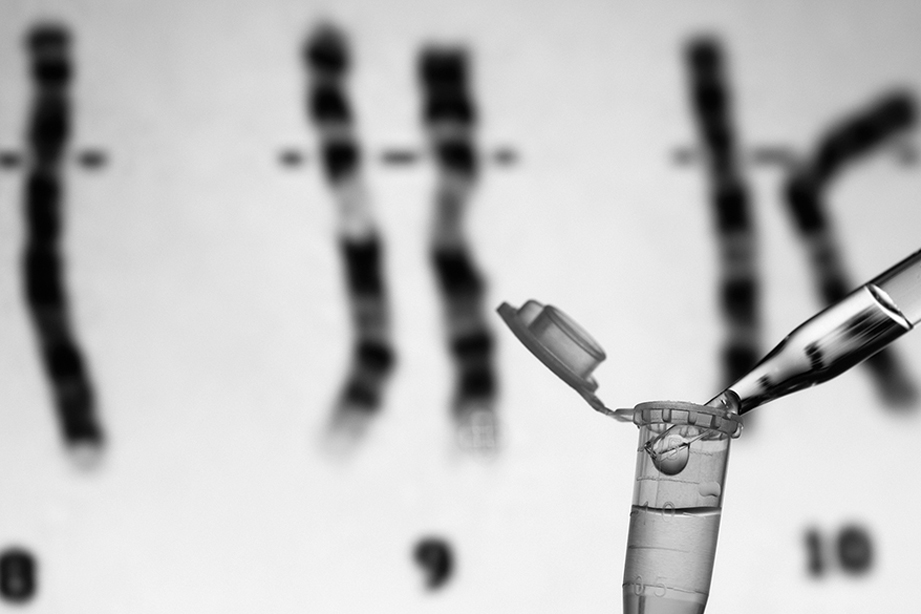The Promise of Epigenetics as a Novel Tool for FASD Screening
Project Category: Projects – Cycle I
July 21, 2015

Challenge
Prenatal alcohol exposure is a major cause of behavioural and cognitive deficits in children. Despite extensive research, a unique neurobehavioral profile for children affected by prenatal alcohol exposure has yet to be identified. This research project addressed how genetic and environmental factors interact with prenatal alcohol exposure to produce neurobehavioural and neurobiological deficits in children.
Epigenetic mechanisms refer to how the environment influences gene expression. Understanding the types and mechanisms of epigenetic changes caused by prenatal alcohol exposure offers a promising avenue for better understanding—and potentially diagnosing—Fetal Alcohol Spectrum Disorder.
Project Summary
This project studied a human cohort to determine if there were any genetic or epigenetic modifications that could be predictive of outcomes in children impacted by prenatal alcohol exposure. Parallel research was done in mice and rats to determine potential candidate genes and epigenetic markers that could be validated in human participants.
The team studied buccal epithelial cells from 214 children and youth, some with FASD and a control group. They searched for DNA methylation—a critical epigenetic mark—by using a state-of-the-art microarray approach.
This project also looked to identify genetic determinants that could be predictive of the severity of brain dysmorphology and dysfunction in children with FASD. To do this, researchers looked at candidate genes—genes identified in previous research that they suspected of playing a role in FASD. The team analyzed 225 saliva samples obtained from children with FASD and age-matched controls and looked for genetic changes. Example of these genetic changes included copy number variants, where sections of the genome repeated itself, and single nucleotide polymorphisms, where a single nucleotide becomes substituted in a gene.
Result
The researchers found an altered pattern of DNA methylation in children with FASD compared with controls. In other words, they were able to differentiate children with FASD from those without the disorder by looking for these particular epigenetic signatures. At the time, this was one of the most significant epigenetic studies on FASD ever conducted. Using state-of-the art computational approaches, KBHN researchers are continuing to work to develop clinical assessment tools that will enhance our ability to identify infants or young children at risk from prenatal alcohol exposure, which would potentially allow for earlier diagnosis and access to supports.
Team
Investigators
James N. Reynolds, Queen’s University
Sterling Clarren, University of British Columbia
Joanne Weinberg, University of British Columbia
Daniel Goldowitz, University of British Columbia
Michael Kobor, University of British Columbia
Paul Pavlidis, University of British Columbia
Collaborators
Marie-Pierre Dube, University of Montreal
Stephen Scherer, University of Toronto
Piotr Kozlowski, University of British Columbia